| Amount Per 0.33 package | |||
| Calories | 460 Kcal (1926 kJ) | ||
| Calories from fat | 90 Kcal | ||
| % Daily Value* | |||
| Total Fat | 10g | 15% | |
|---|---|---|---|
| Saturated Fat | 3g | 15% | |
| Sodium | 240mg | 10% | |
| Total Carbs | 87g | 29% | |
| Sugars | 58g | 232% | |
| Dietary Fiber | 5g | 20% | |
| Protein | 6g | 12% | |
| Iron | 3mg | 17% | |
| Calcium | 150mg | 15% | |
* Percent Daily Values are based on a 2000 calorie diet. Your daily values may be higher or lower depending on your calorie needs.
Find out how many calories should you eat.
Ingredients And Nutrition Overview
Best
choice Good
choice Poor
choice Avoid
it!
choice Good
choice Poor
choice Avoid
it!
-
WeightWatchers Points: 9.2, PointsPlus: 12, SmartPoints: 21
WeightWatchers Points are estimated by carbohydrates, fats, protein and fiber in product. They are not an affirmation of better quality or nutritional value of the product or its manufacturer. Only way to count for dieters. Less points are better.
Read more at Weight watchers diet review -
Much saturated fat
Too much saturated fat raises blood cholesterol, that can increase the risk of heart disease.
This fact has been approved by most health organizations in the world.
You have to limit the intake of it by your recommended daily intake.
Ideally, we should eat less than 10% of calories from saturated fat, so the reference value for an average adult is 24 grams daily.
Remember: a 1-ounce slice of regular cheese has nearly 5 grams of saturated fat.
Read more about fat -
Salty! Has over 10% of the daily sodium max
The average American consumes 5,000 mg of sodium daily — twice the recommended amount amount of 2400mg for healthy adults, this is 1 teaspoon of salt.
For medical reasons many people should not exceed 1500mg of sodium.
Surprisingly, you're responsible for only 15% of the sodium in your diet the bigger part - 75% of the sodium that you consume each day comes from processed foods, not home cooking or the salt shaker.
Excess sodium intake increases the risk of high blood pressure, hypernatremia, hypertension, cardiovascular disease and other heart problems.
Are these reasons enough to cut the sodium intake? No doubt! -
Convert Salt tsps to Sodium mg easily
Salt (NaCl) is not excactly sodium (Na).
It is not right to use these terms as synonyms.
The FDA recommended limit of sodium is 2,300 mg per day (or even less - about 1500 mg while one is on low sodium diets).
This is much less than the weight of salt.
(5,750 mg per day or 3,750 mg for low sodium diet) and not so convenient to calculate.
Know how much sodium is in your salt - without a calculator:
1/4 tsp salt = 600 mg sodium
1/2 tsp salt = 1200 mg sodium
3/4 tsp salt = 1800 mg sodium
1 tsp salt = 2300 mg sodium -
23 tsp of sugars per serving
This volume includes both naturally occurring from ingredients and specially added sugars.
USDA tells us that last years each American consumed an average 130 pounds of caloric sweeteners per year!
That works out to 30 tsp of sugars per day approximately 480 extra calories!
Just to think: Eating just 200 more calories daily than your body requires for body functioning and exercise leads to a 20-pound weight gain in a year. -
High in fiber! Great More than 20% of daily needs!
Eat more fiber. You've heard it many times. But why it is so good for your health?
Dietary fiber is best known for its ability to make our digestion going right.
So want to prevent or relieve constipation - eat more fiber!
There are also other great health benefits as well, such as lowering your risk of diabetes, heart disease and cancer, and helping to maintain a healthy weight by helping to feel you full longer.
The best source of fiber are fruits, vegetables, whole grains and legumes and not processed foods with added fiber. -
A good source of protein
For many vegans and vegetarians, it's important to get enough protein.
The product you've just scanned will provide you with 12% or more of your daily protein requirement.
If you're a vegan having trouble meeting your protein needs, try nuts and beans.
Sprinkling nuts onto any dish is a quick, easy and nutritious solution.
Try adding beans in places you might not normally eat them.
Add beans to pasta dishes, stir fries and even salads.
While meat alternatives like Tofu do provide a quick and easy protein intake, they should not be your only source of protein.
Eat proteins from a variety of sources for best results. -
A very good natural source of Iron
You get real, natural easy absorbing Iron from this product, not as an artificial fortified ingredient.
This is great! Let's try to get the best from the real food, because we get too much from artificial ingredients nowdays. -
Whoa! What a high amount of calories!
This product really has a lot of calories.
Energy(calories) is required to implement body metabolism and physical activity.
If we consume more energy than we use for metabolism and physical activity, all that surfeit will be stored as body fat.
So you're not following a high calorie diet or not trying to gain weight, you may want to revise the wish to eat it.
If You are trying to gain weight or following high calorie diet try out the healthy suggestions:
- Consume more nuts.
Nuts and seeds are high in calories and fiber and full of good Omega fats.
Take any meal and add to it some nuts.
- add extra olive oil to your main dishes and salads;
- increase your healthy carbohydrate intake with whole wheat products such as pasta, crackers an so on;
- eat more brown or wild rice, buckwheat and other grains;
- Even eat some dark chocolate.
Avoid using animal fats, fried foods and greasy snacks as they have huge amount of trans-fats, cholesterol and other unhealthy elements. -
Product contains sulfites
Sulfites (sulphites) are inorganic salts that are used as antioxidant of food preservative or enhancer.
They may appear on food labels in various forms, such as: sulfur dioxide, potassium bisulfite, potassium metabisulfite, sodium bisulfite, sodium metabisulfite or sodium sulfite
Although sulphites do not cause a true allergic reaction, people with sensitivity to sulfites may experience similar reactions as those with food allergies.
Those who have asthma are most at risk to sulphite sensitivity.
BTW sulfites are included in the ten priority food allergens in Canada.
Allergens
Gluten Allergy, Wheat Allergy, Corn Allergy, Soy Allergy, Sesame Allergy, Lactose Allergy, Milk Allergy, Eggs Allergy, Sulfites Allergy
Plum pudding Ingredients
Raisins, Flour, Invert Syrup, Corn Syrup, Sugar, Partially Hydrogenated Soybean and Cottonseed Oil, Yeast, Sesame Seeds, Corn Syrup Solids, Orange Peel (Orange Peel, Corn Syrup), Dextrose, Orange Juice, with less than 2% of Niacin, Reduced Iron, Thiamin Mononitrate, Riboflavin, Folic Acid, Salt, Soy Flour, Whey, Sodium Stearoyl Lactylate (Dough Conditioner), Pectin, Citric Acid, Caramel Color, Non Fat Dried Milk, Brandy, Natural and Artificial Flavors, Egg White Solids, Propylene, Glycol, Glycerol, Monostearate, Propylene Glycol Monoesters, Modified Food Starch, Sodium Bicarbonate, Preservatives (Potassium Sorbate, Sodium Benzoate, Calcium Propionate, Sorbic Acid) Sulfur Dioxide.
You Might Also Like
% RDI of Main Nutrition Facts
23%
of RDI* (460 calories) 0 g
-
Cal: 23 %
-
Fat: 15.4 %
-
Carb: 29 %
-
Prot: 12 %
-
0%25%75%RDI norm*
Calories Breakdown
- Carbs (75.3%)
- Fat (19.5%)
- Protein (5.2%)
Get Your Recipe of Health!
Follow RecipeOfHealth on Facebook!


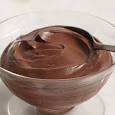

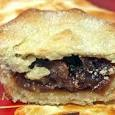
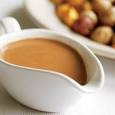
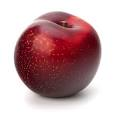


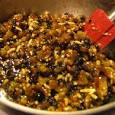
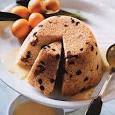
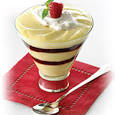
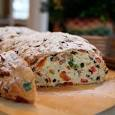

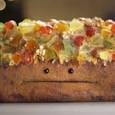
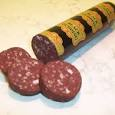

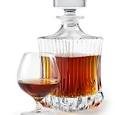

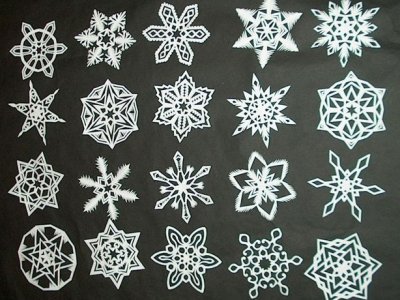
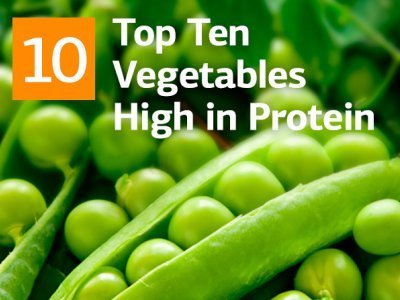

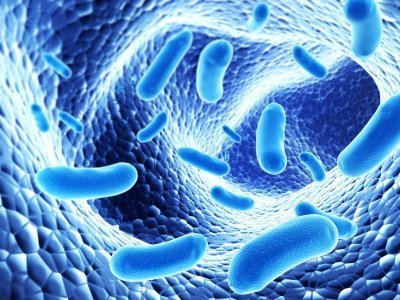


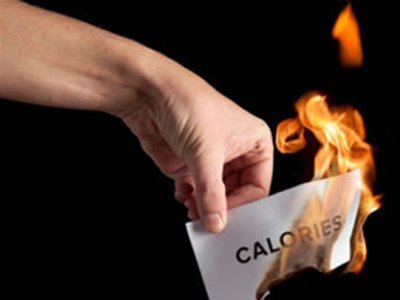
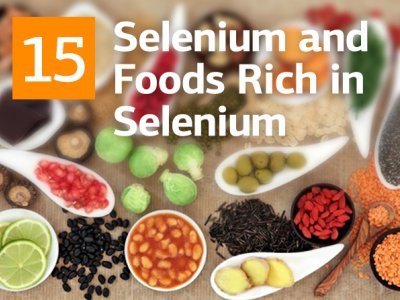
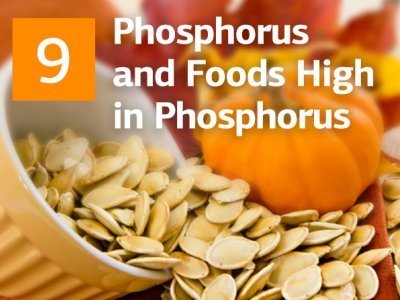
Add your comment